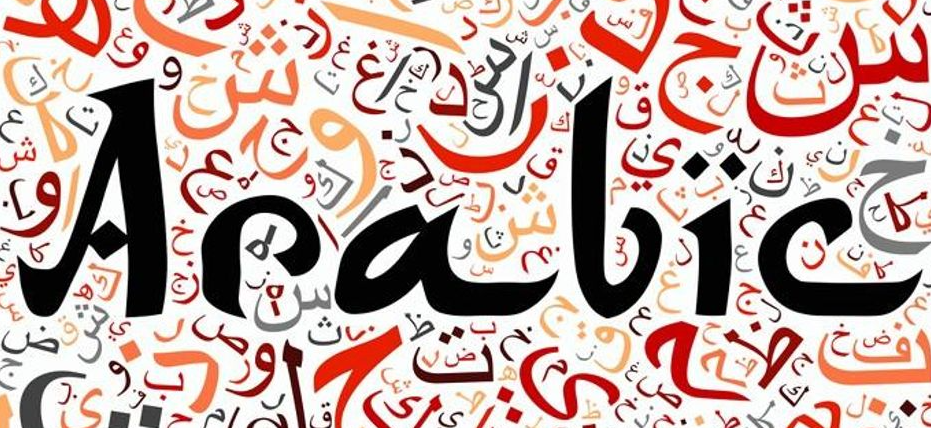Do you know about Bahrain National Language? Bahrain is a small island country located in the Persian Gulf, with a rich history and a diverse cultural heritage. Bahrain is known for its ancient ruins, beautiful beaches, and bustling souks. The official language of Bahrain is Arabic, and it plays a significant role in the country's culture and identity. In this article, we will discuss the importance of Bahrain National Language, its history, its role in society, and the challenges it faces.
Arabic Language in Bahrain
Arabic is the official language of Bahrain, and it is the most widely spoken language in the country. Bahraini Arabic is a dialect of Arabic that is unique to Bahrain, and it has its vocabulary, grammar, and pronunciation. Bahraini Arabic has been heavily influenced by the Persian, Urdu, and English languages due to the country's history and geography. Modern Standard Arabic (MSA) is also taught in schools and universities in Bahrain.
Bahraini Arabic Dialects
Bahraini Arabic is divided into two main dialects: the Sunni dialect and the Shia dialect. The Sunni dialect is the most widely spoken dialect in Bahrain and is used in most official settings. The Shia dialect is spoken by the Shia Muslim population in Bahrain and has some differences in vocabulary and pronunciation.
Bahrain National Language: Vocabulary and Grammar
Bahraini Arabic has a unique vocabulary that reflects the country's history and culture. Many Arabic words have been borrowed from Persian, Urdu, and English, making Bahraini Arabic a unique dialect. The grammar of Bahraini Arabic is also slightly different from Modern Standard Arabic, with some different verb forms and pronunciations.
Teaching Bahrain National Language
Arabic is a compulsory subject in Bahraini schools and universities. Students learn Arabic grammar, vocabulary, and pronunciation in addition to reading and writing skills. MSA is the language of instruction in universities and is widely used in government and business settings.
The Role of Arabic Language in Bahraini Society
Arabic language plays a significant role in Bahraini society, culture, and identity. Arabic is the language of the Quran, and the majority of the population in Bahrain is Muslim. Arabic is also the language of the country's media, including television, radio, and newspapers. Arabic is also used in government and business settings, making it a crucial language for communication.
Arabic in Education
Arabic is a compulsory subject in Bahraini schools, and it is also the language of instruction in universities. The Ministry of Education has implemented various programs to improve the quality of Arabic teaching and ensure that students have a strong command of the language. Arabic language proficiency tests are also required for some government jobs.
Arabic in Media
Arabic is the language of the media in Bahrain, with several newspapers, television channels, and radio stations broadcasting in Arabic. The Bahrain News Agency (BNA) is the country's official news agency, and it provides news in Arabic and English. Arabic is also the language of social media in Bahrain, with many Bahrainis using Arabic to communicate online.
Arabic in Business
Arabic is essential for communication in the business world in Bahrain. The majority of Bahrain's workforce is composed of foreigners, and Arabic is the common language used for communication with clients, customers, and suppliers. Many companies in Bahrain have Arabic-speaking employees who can communicate effectively with Arabic-speaking clients and customers.
Challenges Facing Bahrain National Language
Despite its significance in Bahraini society and culture, the Arabic language in Bahrain faces various challenges.
Threats from Other Languages
Bahrain is a multicultural society, and many other languages, such as English, Hindi, Urdu, and Tagalog, are spoken in the country. The widespread use of these languages poses a threat to the Arabic language in Bahrain. Many young Bahrainis prefer to communicate in English, which can lead to a decline in the use of Arabic.
Modernization and Globalization
The modernization of Bahrain and its integration into the global economy has led to an increased use of English in the country. Many Bahrainis believe that speaking English will help them in their careers and increase their chances of success.
Standardization of Arabic Language
There is no standardization of the Arabic language in Bahrain, which can lead to confusion and difficulties in communication. The government has implemented various programs to improve Arabic language skills and promote the use of Standard Arabic, but more needs to be done to ensure the preservation and growth of the language.
Conclusion
The Arabic language is an essential part of Bahraini society and culture, and it plays a significant role in communication, education, media, and business. Despite the challenges it faces, Bahrain National Language remains vital to the country's identity and future.
FAQs
- What is the official language of Bahrain?
The official language of Bahrain is Arabic.
- Is English widely spoken in Bahrain?
Yes, English is widely spoken in Bahrain, especially in business and education settings.
- What dialect of Arabic is spoken in Bahrain?
Bahraini Arabic is the dialect of Arabic spoken in Bahrain.
- How is Arabic taught in Bahraini schools?
Arabic is a compulsory subject in Bahraini schools, and students learn Arabic grammar, vocabulary, reading, and writing skills.
- What efforts are being made to preserve Bahrain National Language?
The government has implemented various programs to improve Arabic language skills and promote the use of Standard Arabic in education, media, and business. However, more needs to be done to ensure the preservation and growth of the language.
References
- "Language in Bahrain." Bahrain.com, www.bahrain.com/en/about-bahrain/pages/language-in-bahrain.aspx.
- "Arabic Language and Culture in Bahrain." RMIT University, 6 Nov. 2019, www.rmit.edu.au/news/all-news/2019/nov/arabic-language-and-culture-in-bahrain.
- "Bahrain: Languages." Ethnologue, www.ethnologue.com/country/BH/languages.
